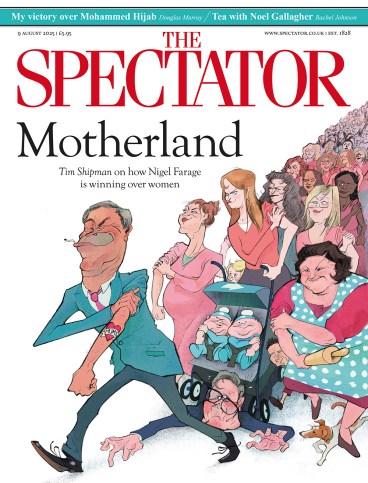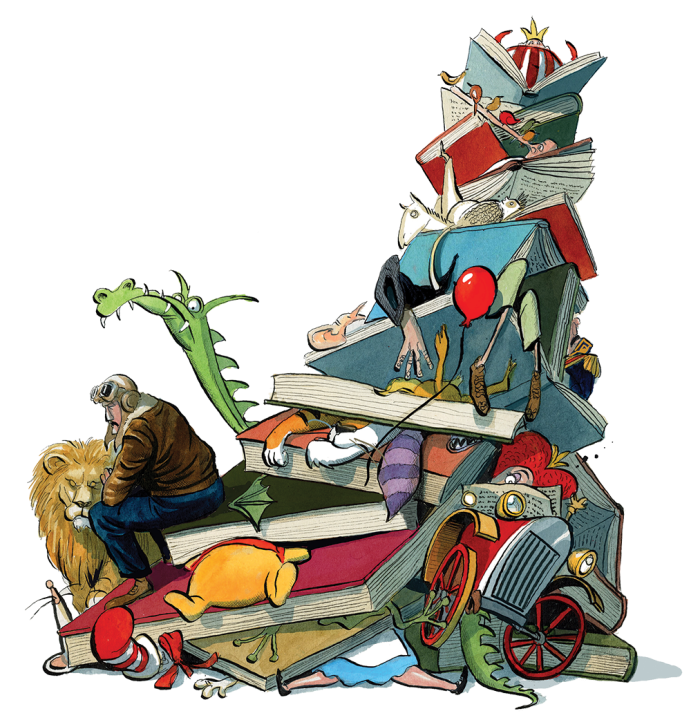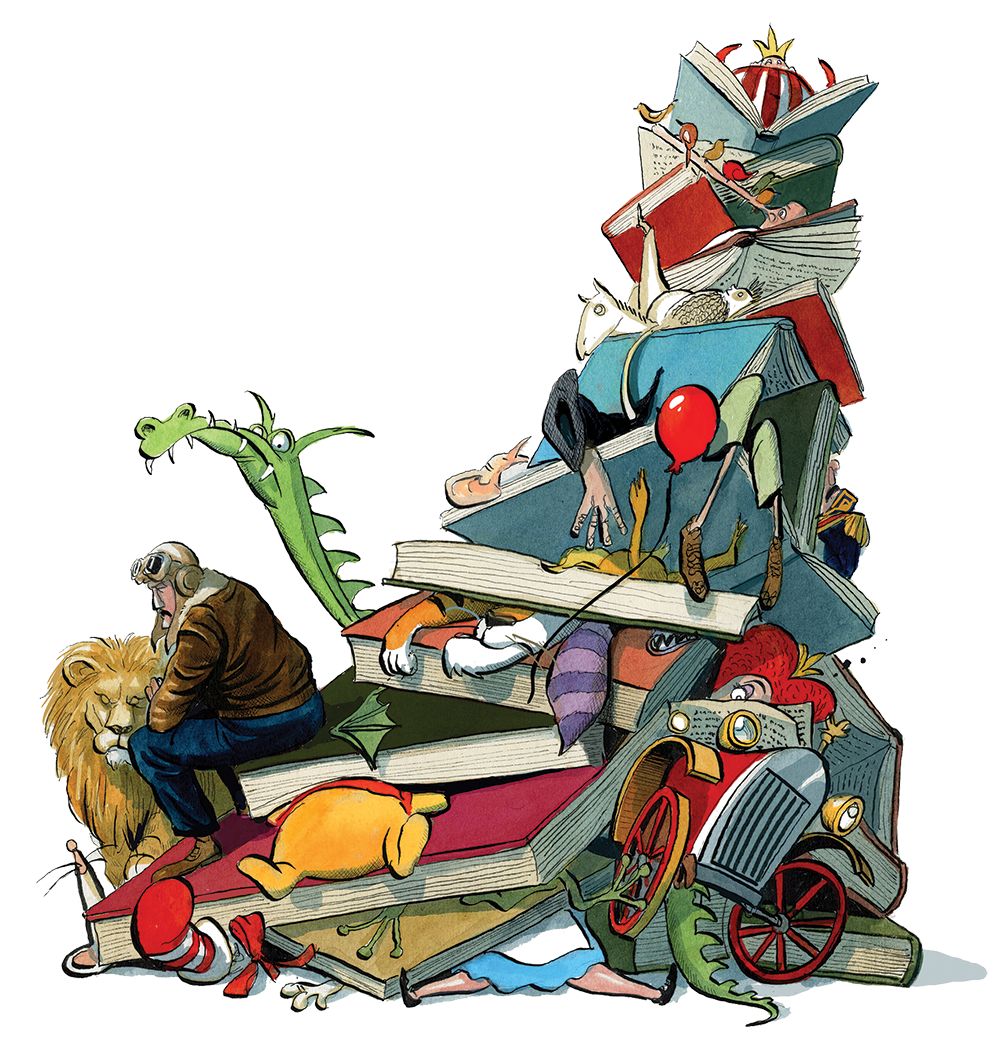
The other day, leafing through T.H. White’s The Once and Future King, which enchanted me as a child, I was bedazzled all over again. This time, though, it wasn’t the plot and characters that gripped me, but something better: vocabulary. ‘Summulae Logicales’, ‘Organon’, ‘astrolabe’, ‘metheglyn’, ‘snurt’, ‘craye’, ‘varvel’, ‘austringer’, ‘yarak’: all appear, exuding magic, within the first few pages. Ten points if you know what ‘yarak’ means.
The Once and Future King (1958) is a masterful retelling of the Arthurian cycle, both comic and tragic, following the young Arthur, known as ‘Wart’, as he grows into the legendary King; and these fascinating words are not pretentious, but appropriate. The ‘Summulae Logicales’(a work of Aristotelian logic) and the ‘Organon’(a selection of Aristotle’s works) are what Wart studies: White himself called the Arthurian cycle a work of Aristotelian tragedy. The ‘astrolabe’ and ‘metheglyn’ provide a sense of the historical period; the others are medieval forms (‘snurt’ is ‘snore’, ‘craye’ is ‘craw’) or technical hawking vocabulary.
Did this concatenation of obscure wordiness deter young readers? Did generations of children recoil from such stunners as ‘undulating’ and ‘ponderous’? I don’t think so, and in any case, this literary texture hardly prevented the book becoming a bestseller. As a child, I gloried in those words (particularly ‘austringer’: use that every day if you can). The meaning of each can be intuited from context: ‘Kay began walking off in the wrong direction, raging in his heart because he knew that he had flown the bird when he was not properly in yarak.’ You let ‘yarak’ flow over you, its two mysterious syllables hinting at something sharp and hawkish (it means, by the way, the ‘proper condition for hunting’. The hawk is young, and not yet trained. Isn’t that splendid?).
Re-reading many older children’s books now, I find myself noting the differences between them and their modern counterparts. One of the first books I read was Ursula Moray Williams’s Gobbolino, the Witch’s Cat (1942), aimed, my 1980s Puffin edition proudly announces, at ‘those who have developed reading stamina’. The sentences are long and shapely; in them you’ll find ‘heliotrope’, ‘unfurl’, ‘becalmed’, ‘pinnacles’, and so on. In The Pirates’ Mixed-Up Voyage (1983) Margaret Mahy hurls ‘complicated’ words at children, and discusses determinism vs free will. Yet four-year-olds listen along gleefully. Joan Aiken, Leon Garfield, Anne Fine, Geraldine McCaughrean, Jenny Nimmo: all are sophisticated, their prose dotted with semi-colons and Latinate words. These were successful novelists enjoyed by hundreds of thousands, if not millions, of children.
What’s happened? Some time ago, an editor queried my usage of the word ‘holloway’ in Wildlord, a novel for 12-year-olds upwards. What exactly was the problem? Would a child throw the book down on reaching this apparent unfamiliarity? I didn’t think so, and fought for ‘holloway’, and it stayed in. I haven’t won every battle, though; and I wonder how many other authors give in.
Most children hunger for new words, to sense the edges of a world expanding beyond their horizons
Part of all this stems from the prominence of the international market. If it doesn’t fly in America, then it can’t in Britain, goes the thinking. Marketing departments hold sway. What has worked before, they intone, hierophantically (there you go), will work again. So vocabulary is kept to the level of Globish; the style is flat and colloquial; it’s easily translated, and easily disseminated, but will it sing in a child’s mind, or set it alight like White did mine? With a massive decline in children reading for pleasure, this trend will become worse, as publishers attempt to lure children away from screens with increasingly desperate pandering.
All of this baffles me. Most children hunger for new words, to sense the edges of a world expanding beyond their horizons. As Wart himself thinks, he ‘did not know what Merlyn was talking about, but he liked him to talk. He did not like the grown-ups who talked down to him, but the ones who went on talking in their usual way, leaving him to leap along in their wake’.
How wondrous it would be to open a brand-new, commercially oriented children’s book, and stumble upon a ‘militate’ or a ‘quinquereme’. Let’s hope that publishers learn to have faith once again in their young readers, and that in future years more children are immersed, bathed, in words both familiar and unfamiliar.
Or else I confidently predict yet more books about farts, burping, and that dread word, ‘poop’, which, sadly, no longer has anything to do with decks.








Comments